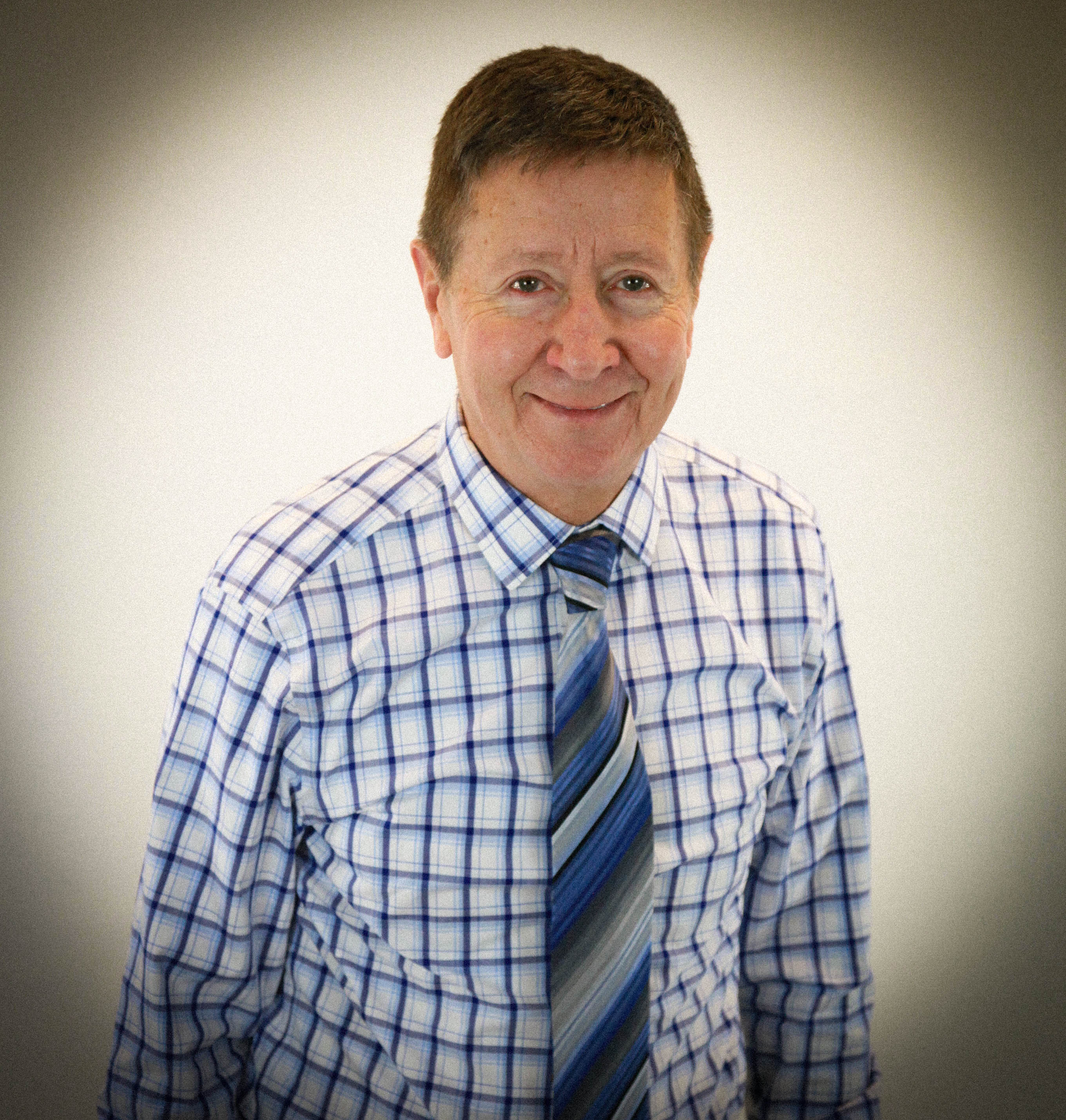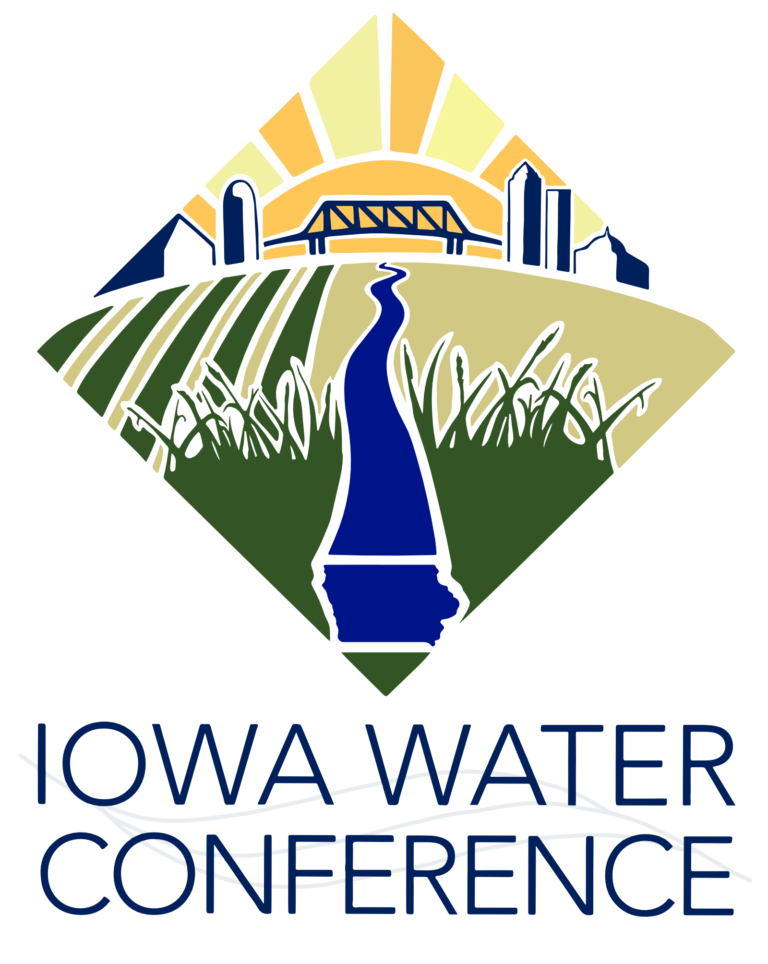Post submitted by Rick Cruse, Director of the Iowa Water Center
The Citizens Water Academy meets for four four-hour educational and participatory sessions. This seems a somewhat unique approach to addressing Iowa Water Quality issues. Bringing together diverse community members in an educational environment, particularly when addressing a somewhat controversial and divisive topic, seems to stretch the comfort zone and knowledge space of those attending. One unique outcome of this approach, when complimented with an audience participatory format, takes the thought process outside ones normal beliefs or thought patterns. The process is important because we are constantly trying to find new and innovative ways of addressing water quality problems.
We are using approaches that could potentially be adopted and lead to improved water quality when implemented by a variety of interested stakeholders. In contrast, many of our traditional approaches to develop new ideas and innovated approaches involve diverse meetings populated by recognized water quality experts; different meetings organized by different conveners with a desire to develop new solutions that typically include the same water experts and produce the same ideas. These traditional approaches have not led to ideas that have achieved progress towards improved water quality. For us to make a switch in regard to water management, somebody in the system has to do something different. According to Chip Heath and Dan Heath in the book Switch, it is important to find successes already occurring. It is also critical to motivate people to grow in their mindset and shape a positive and inclusive path forward to successfully make a change.
The culmination of the Citizens Water Academy requires the participants to put on an assigned hat, that of a farmer, agency, water utility, or water recreation participant. With the perspective of the assigned ‘hat,’ each group develops policy targeting water quality. Will this ‘out-of-the-box’ approach yield water quality related policy ideas that will move us forward? We will find out at the conclusion of the Academy sessions.
There is a popular quote that states, “the definition of insanity is doing the same thing over and over again, but expecting a different result.” Doing more of what we have already done is likely to get us more of what we already have. Process is important; taking the process ‘outside the box’ may be our next and best option to improve water quality before the regulatory toolbox is unlocked.
 Rick is a professor in the Department of Agronomy at Iowa State University where he has administration, research, teaching, and extension responsibilities focusing on soil and water management; he is also Director of the Iowa Water Center. He earned his BS from Iowa State University and MS and PhD from the University of Minnesota.
Rick is a professor in the Department of Agronomy at Iowa State University where he has administration, research, teaching, and extension responsibilities focusing on soil and water management; he is also Director of the Iowa Water Center. He earned his BS from Iowa State University and MS and PhD from the University of Minnesota.
